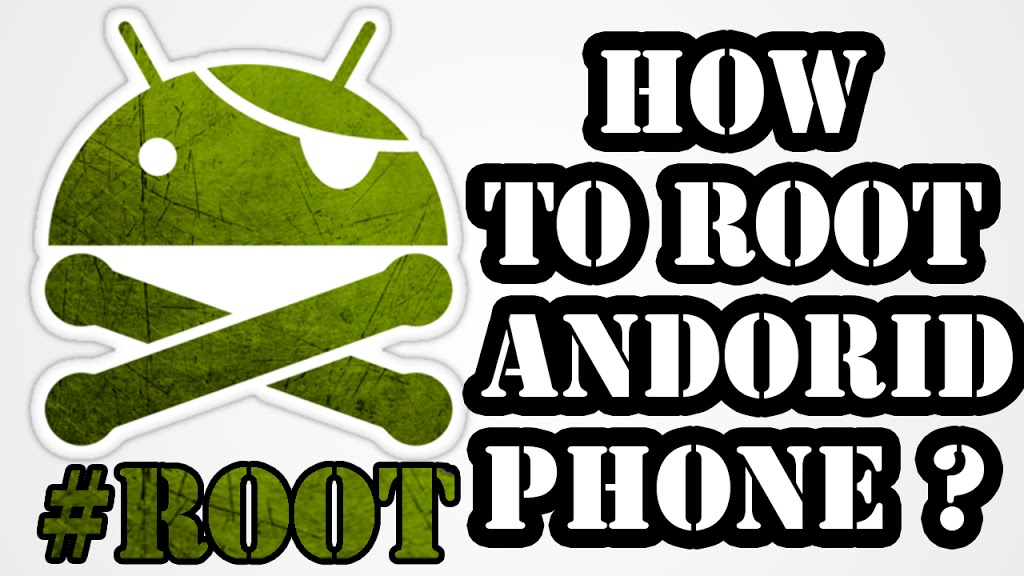What is the root in Android World?
Android is based on Linux. For UNIX operating systems such as Linux, the root user is equivalent to Windows Administrator user. The root user can access the entire operating system and can do anything. By default, you do not have root access to your own Android device, and certain applications will not work without root access. Like other modern mobile operating systems, Android limits applications to restricted security sandboxes for security purposes.
The root user account always exists on Android. There is no built-in way to access it. “Rooting a android” is an act of accessing this root user account. This is often compared to jailbreaking an iPhone or iPad, but it is quite different to deal with persistently.
Apart from the technical side, root access can make you do a lot of useful things. Using root access, you can delete bloatware on a cell phone, run a firewall, activate tethering even if the carrier is blocked, back up the system manually, or have low-level system access You can make various adjustments you need.
Apps that need root access are not hard to find – they can be used on Google Play, but they will not work until you gain root access. Some apps have features that only work on rooted devices.
If you want to run a specific app that needs root access, you need to root the mobile phone. Do not worry if you do not plan to actually do something with that root access. You can eradicate it at a later time as needed at a later time.
Warning
Android devices are not rooted for reasons. Indeed, some device manufacturers hinder your remarks. The reasons are as follows.
- Security: When you wake up, the application is discarded from Android’s normal security sandbox. Although the application abuses the root privileges you granted and may snoop with other applications, this is usually not possible. In fact, for this reason, we are making it impossible to use Android Pay for the root device.
- Warranty: Some manufacturers claim that rooting will void the warranty on the device. However, it does not actually damage the hardware. In many cases, you can “un-root” the device and you can not know whether the manufacturer is fundamental or not.
- Bricks: As usual, please do so at your own risk. Roots are generally a very safe process, but you are here. If you confuse something you can not expect a free warranty service to fix it. If you are worried, first do a little research and check if others are reporting to eradicate your device with the tool you are about to use.
- In addition, for at least certain types of repairs rooting may void the warranty. For details, refer to the description of the explanation.





